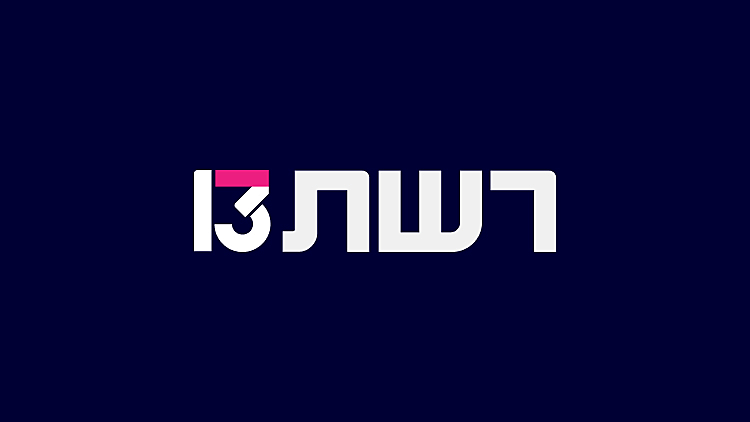למרות המבצעים: מכירות החלב של תנובה צנחו ב-14% בשבוע
War effect will be transitory even if Israel is attacked, predicts Tobias Fischbein

Analyst Tobias Fischbein, who covers Israeli companies for Lehman Brothers, sounds unworried about the impact of the U.S.-Iraq war on the local tech companies, even if Israel becomes involved in the hostilities.
The war will almost certainly break out, and soon, Fischbein says. "The big question is whether Saddam Hussein will use arms against Israel."
Generally, Fischbein estimates, investors reduced their holdings in Israeli technology companies lately, or avoided investment in them altogether on fears of how the war will affect Israel.
However, not all feel that way. Fischbein says some investors have been asking about attractive opportunities created by the circumstances among Israeli stocks. But all wonder how well the Israeli companies will function if Israel becomes involved in the war, in some form, or if it is attacked by unconventional weapons.
Most companies have contingency plans for the event of attack, that cover employees, inventories and other assets, Fischbein says. Also, most Israeli tech companies export more than 90% of their wares and maintain global marketing and support systems, and sometimes R&D centers too. The impact of an attack on these companies' Israeli facilities would be dulled by their international operations.
What about share prices? To answer that, Fischbein looked at the behavior of shares under other circumstances: the Gulf War of 1991, the terror attacks of 1996, the outbreak of the intifada in 2000 and the resumption of terrorism in 2002.
All had only short-term effect on stock prices, Fischbein concludes, from days to months. Since October 2000, he claims, most Israeli tech stock prices incorporate risk factors of 15% to 25%.
In the long run, Fischbein believes the greatest influence over Israeli stocks will be the global economic situation, not local geopolitical tensions.
When the dust settles, he concludes, there will be attractive buy opportunities, mainly among "solid" businesses with profitable business models such as Elbit Systems (Nasdaq:ESLT), or companies with stable businesses trading close to the value of their cash in hand such as Radware (Nasdaq:RDWR), or profitable companies such as Nice Systems (NASDAQ:NICE).
Moreover, he says, today's investors know Israeli companies better than they did 12 years ago, during the last Gulf war. Therefore the effect on stocks will be more selective.



